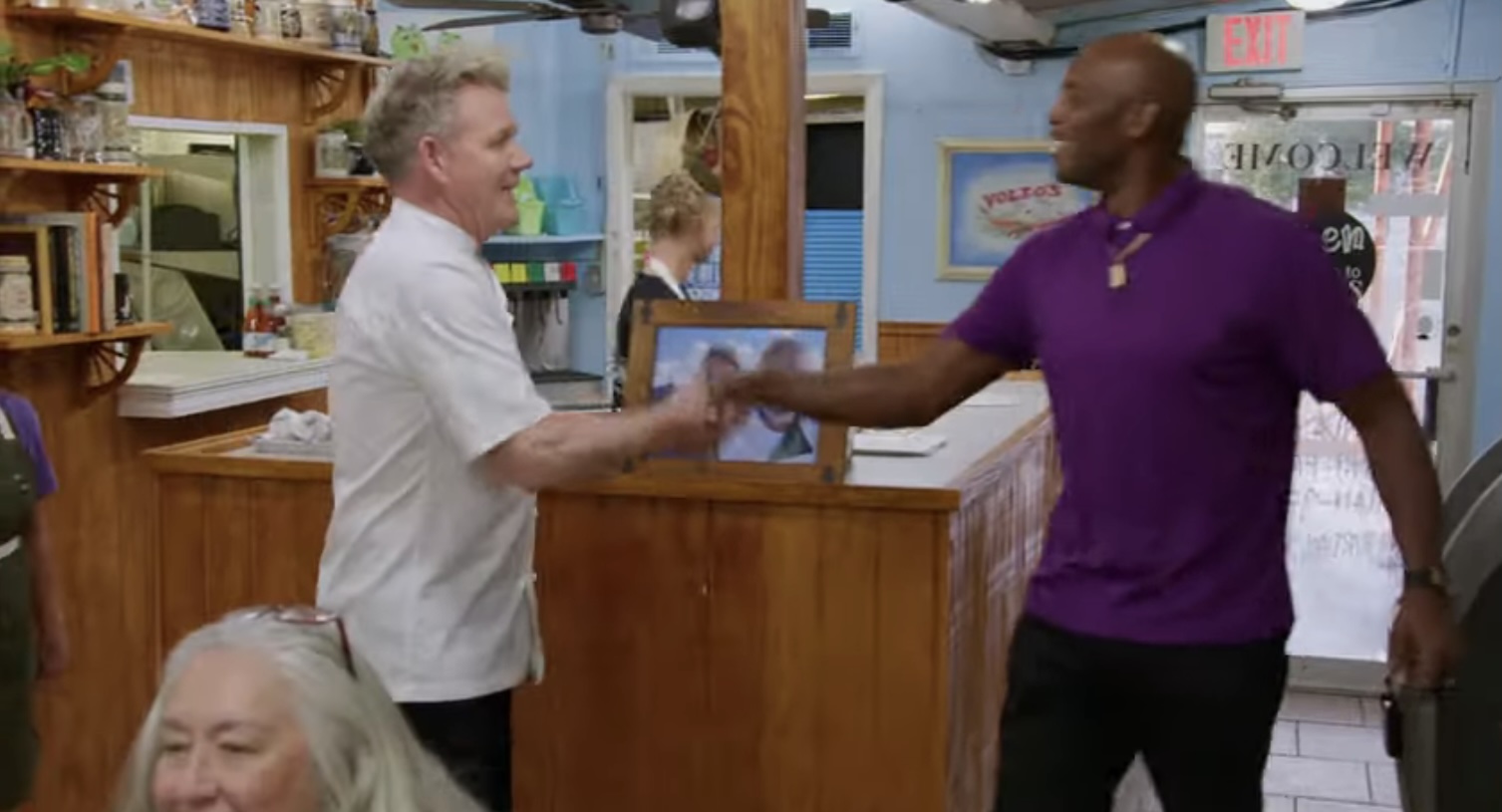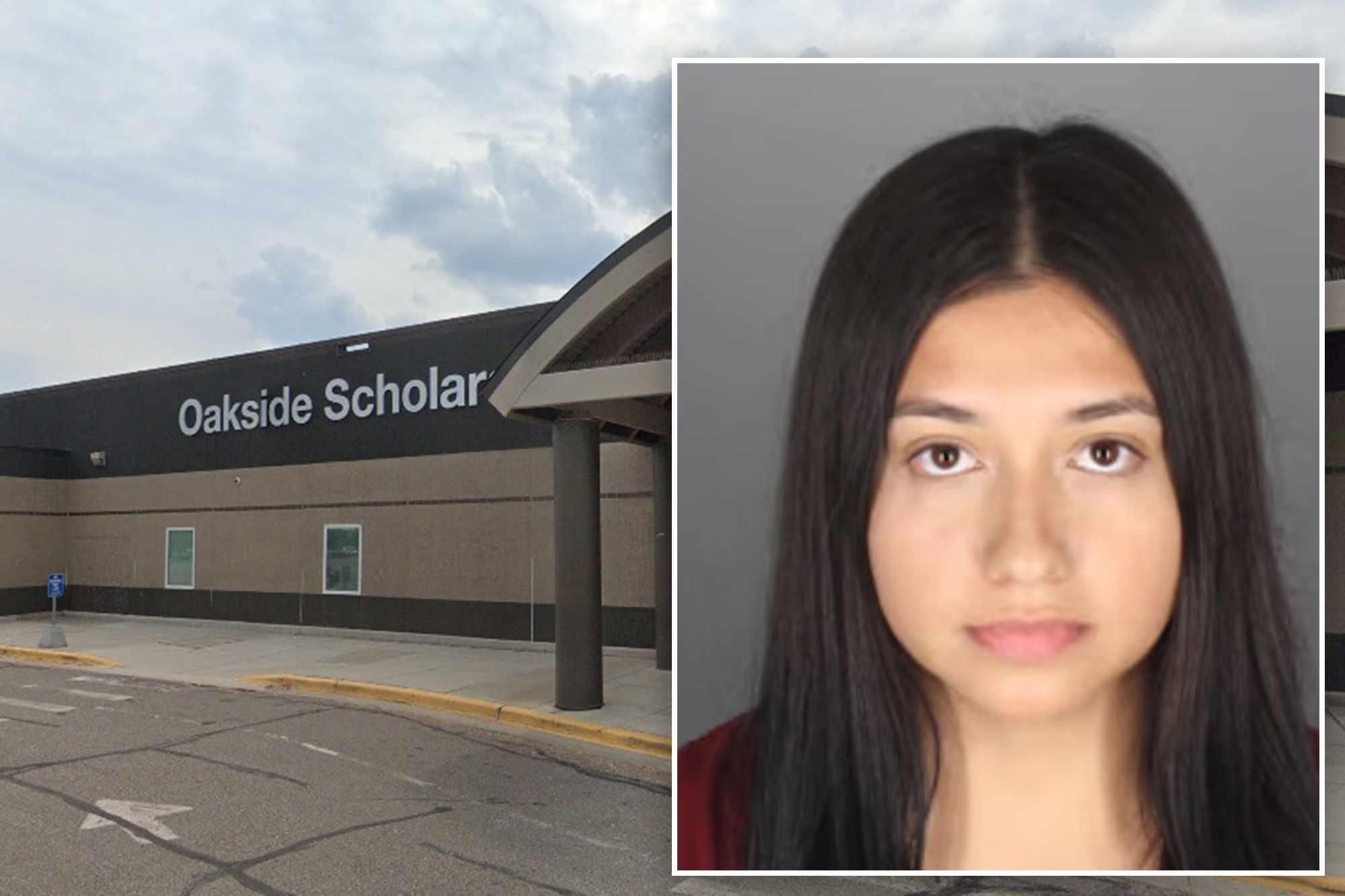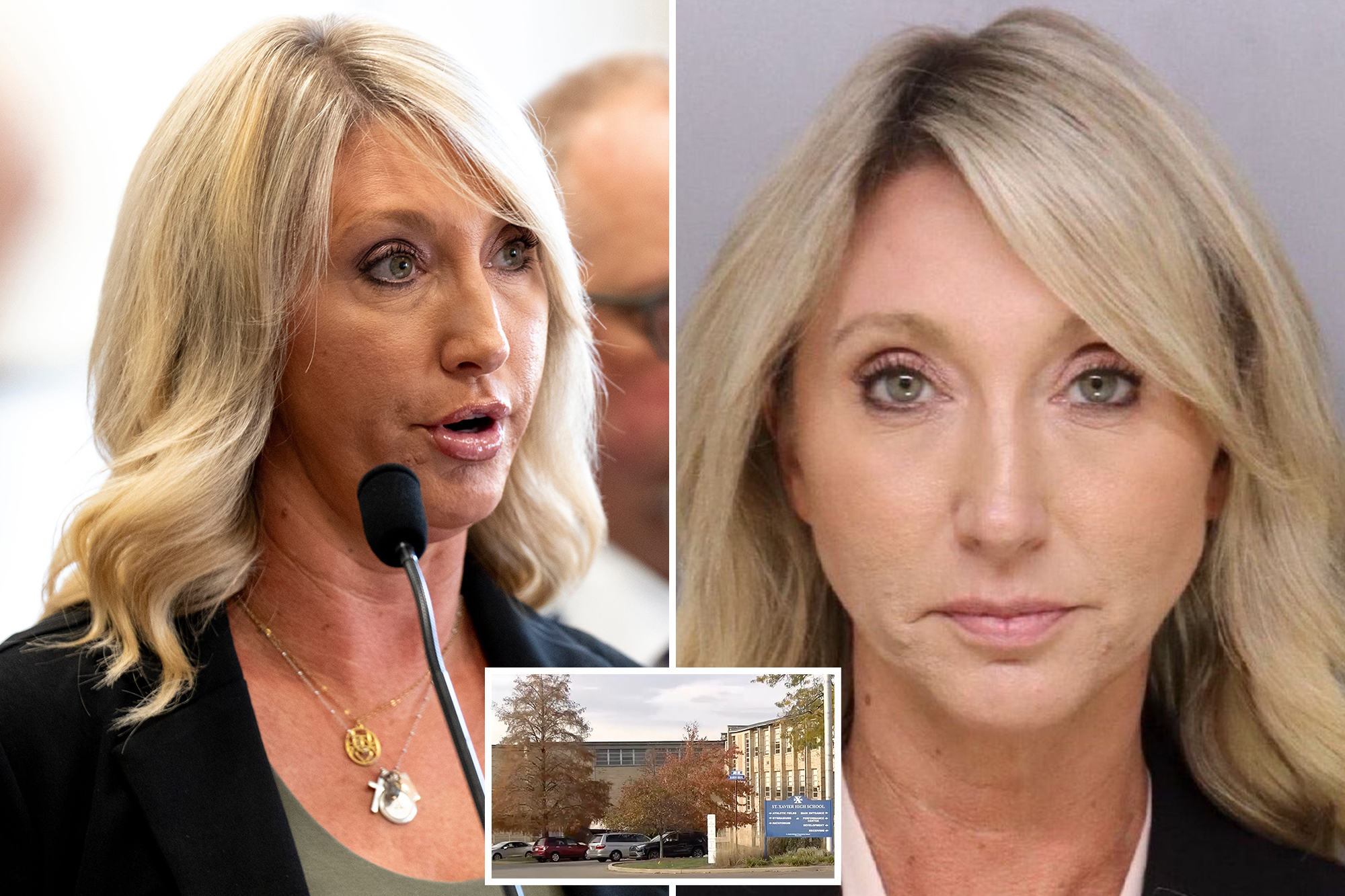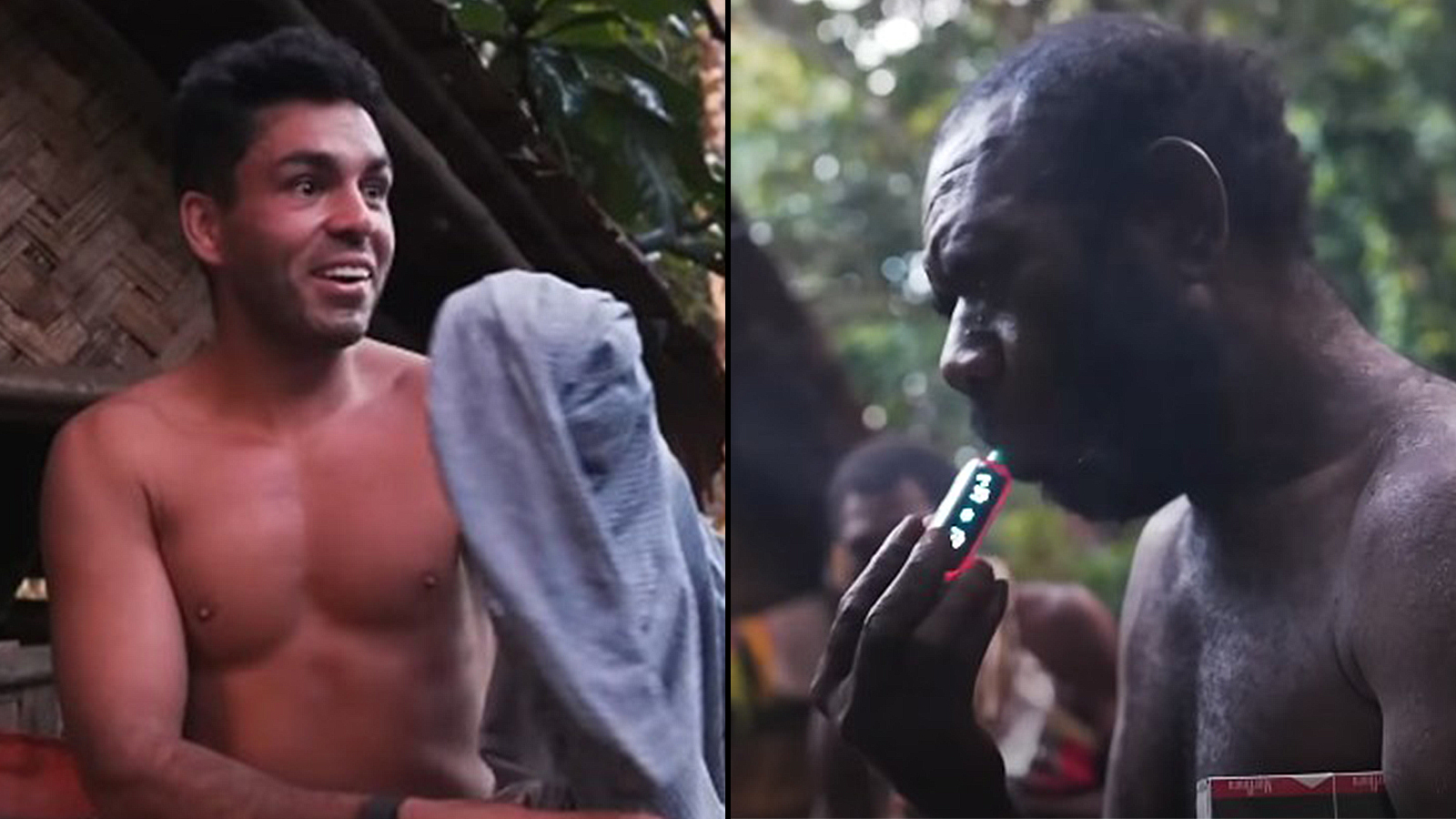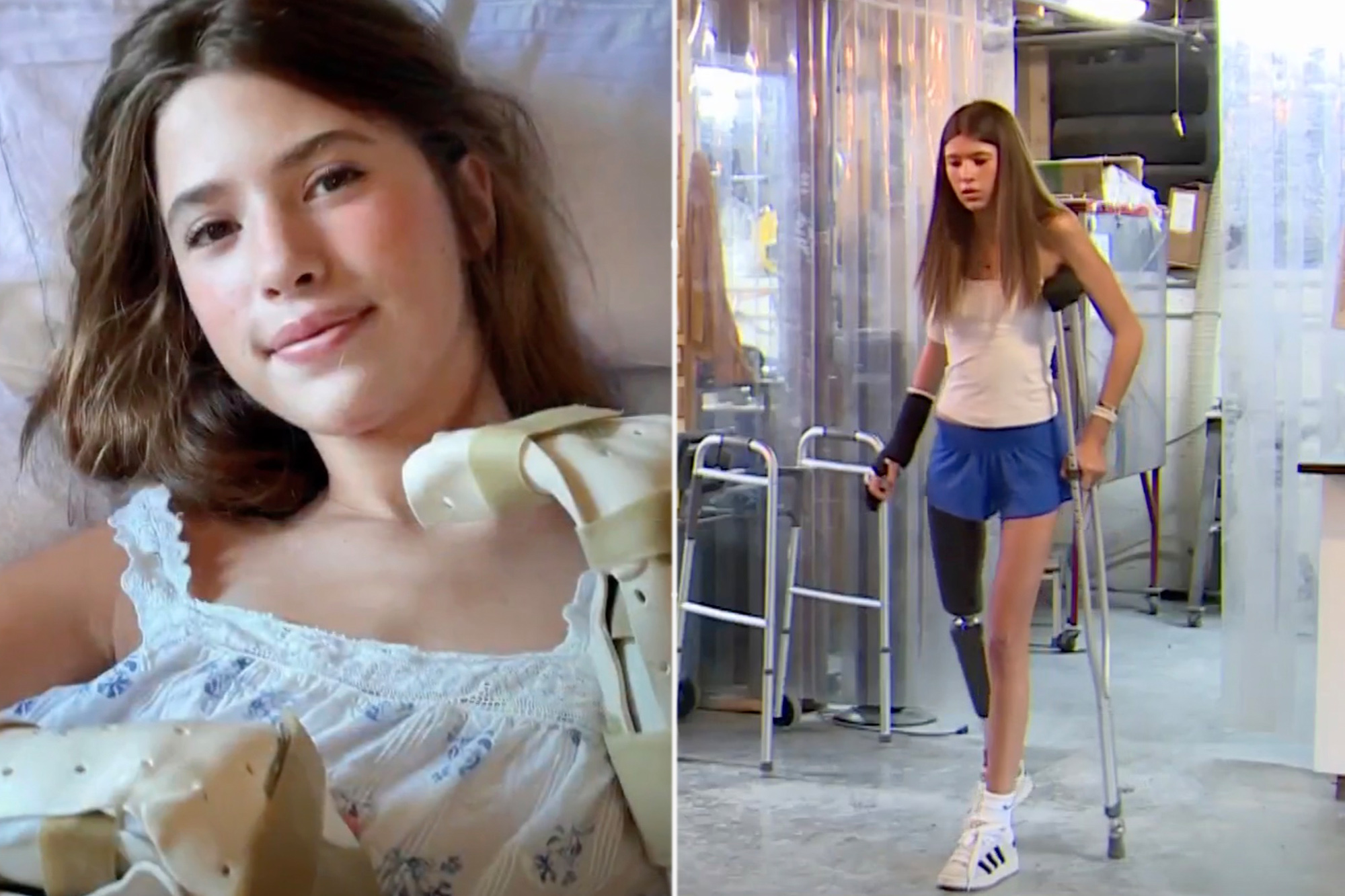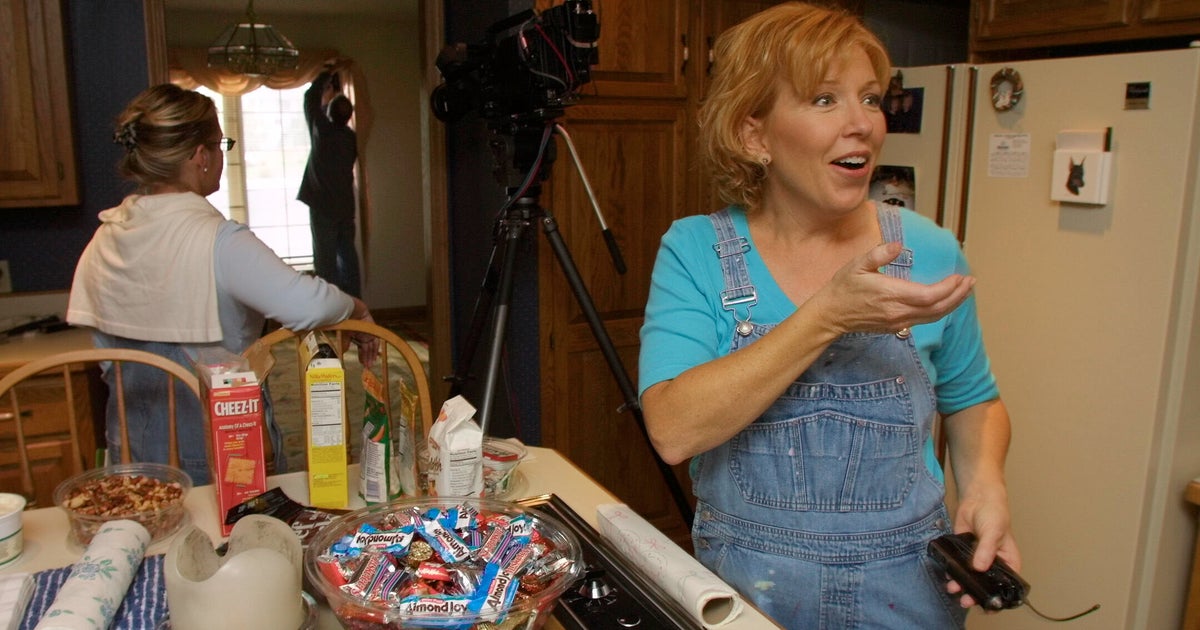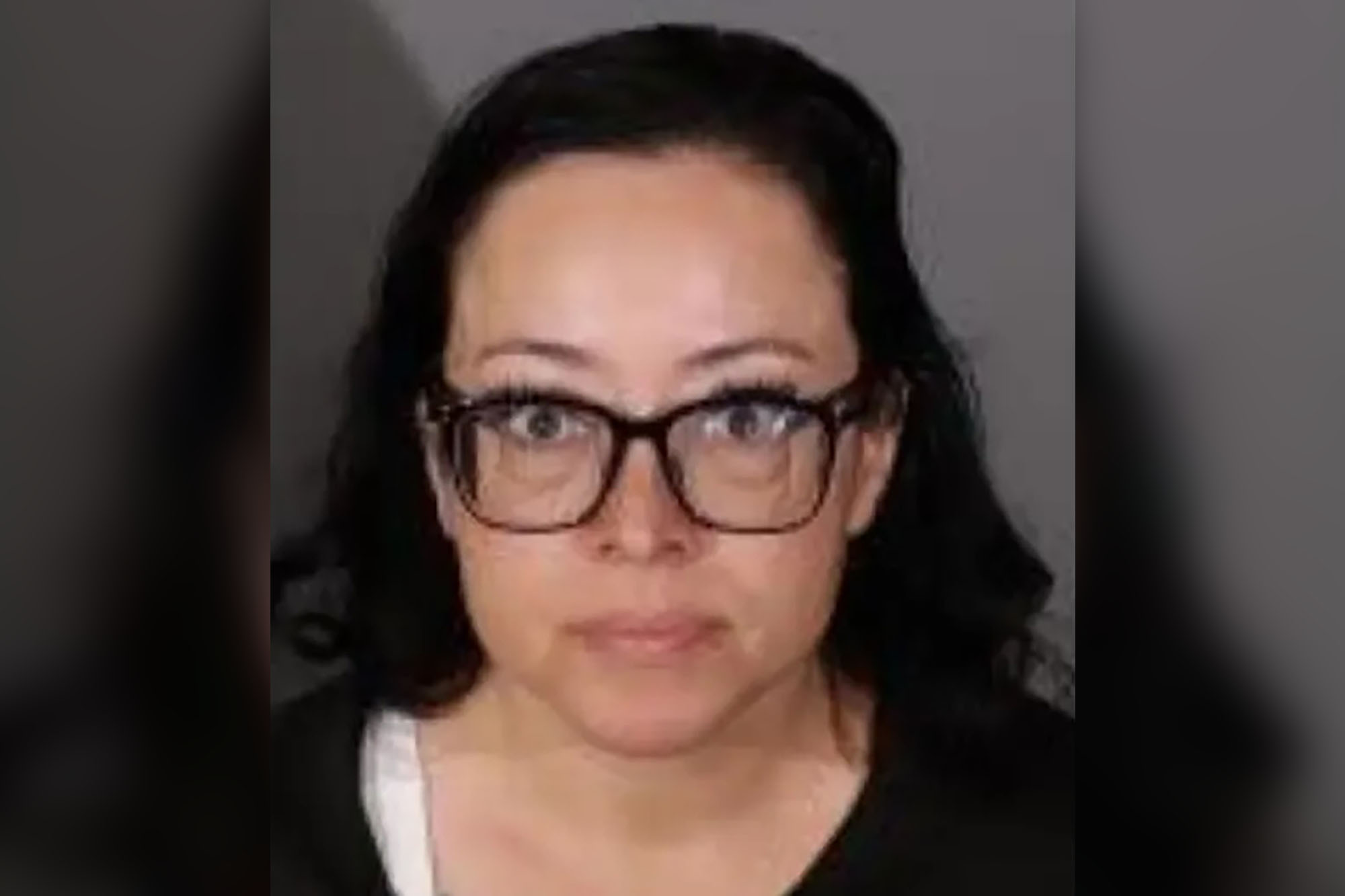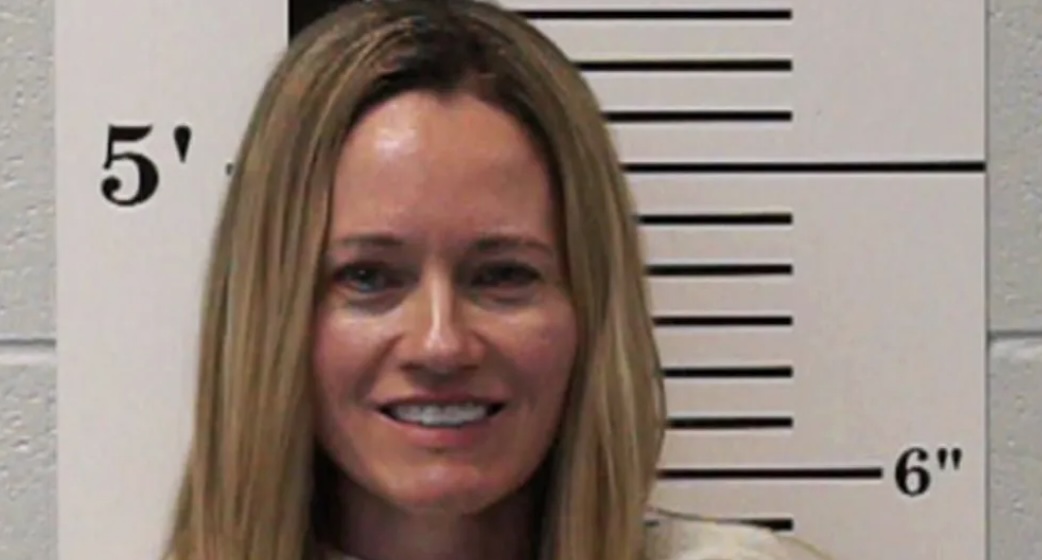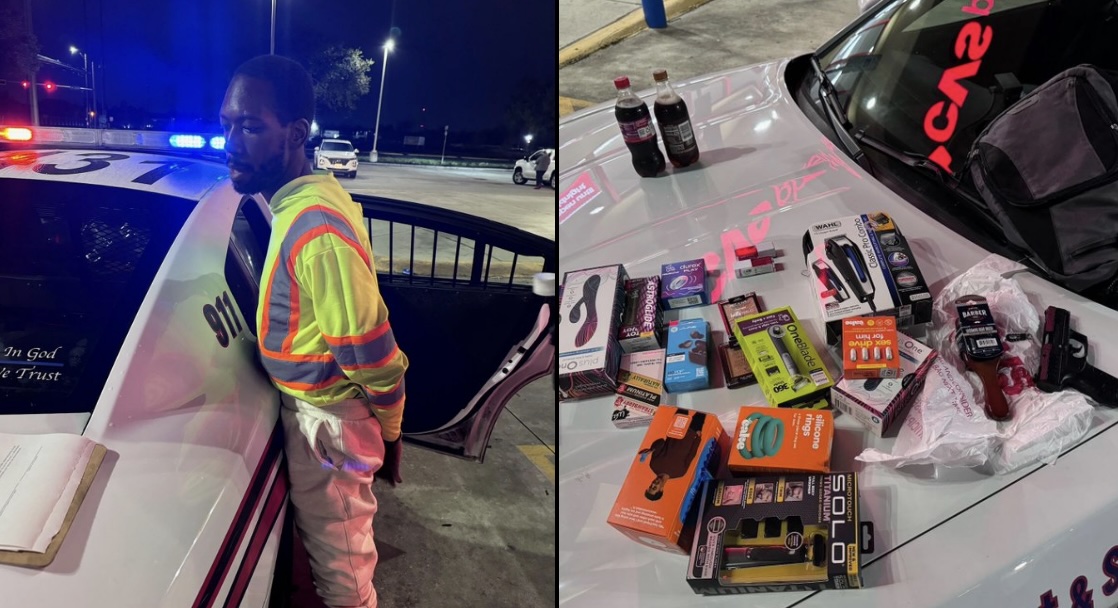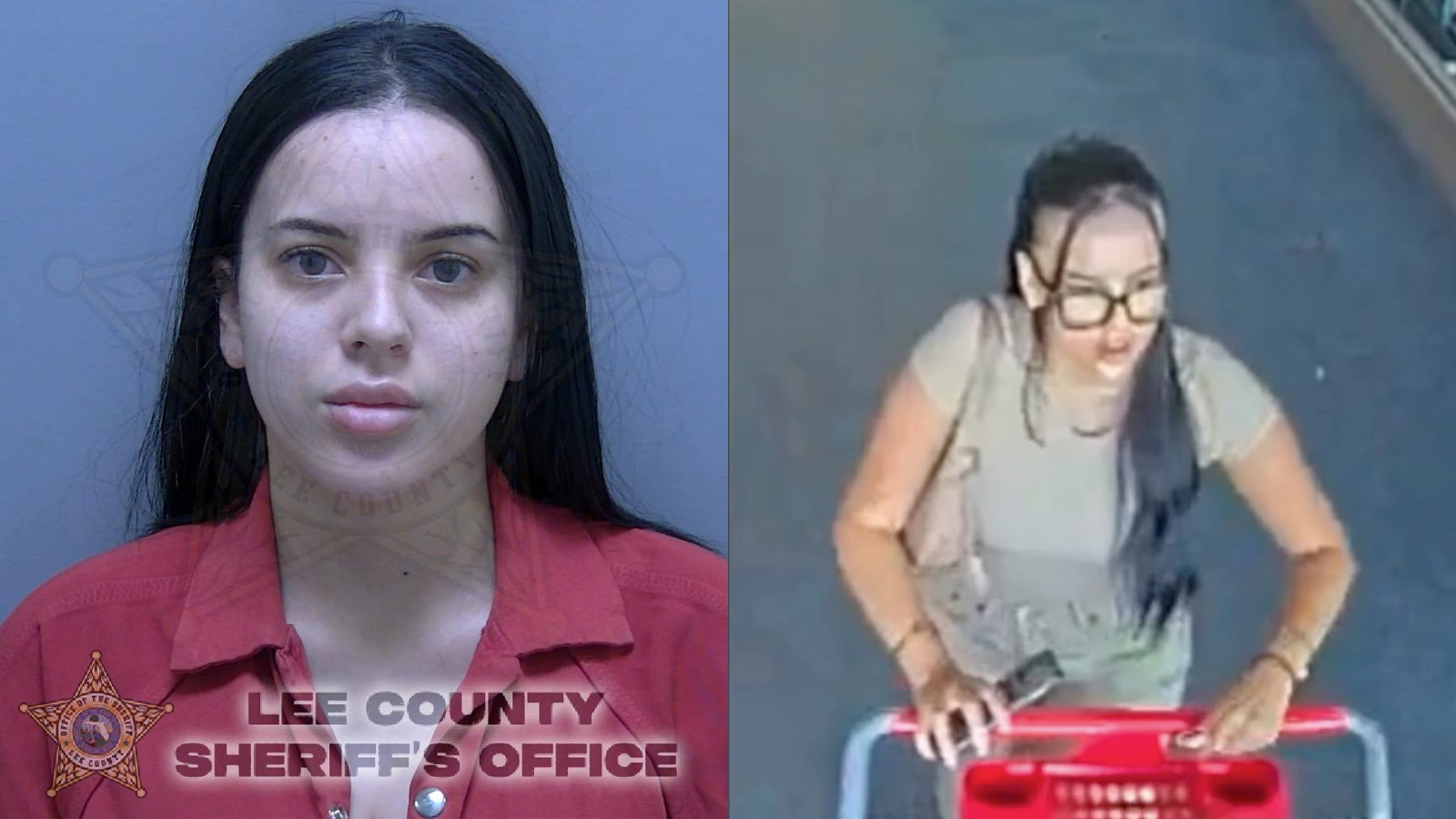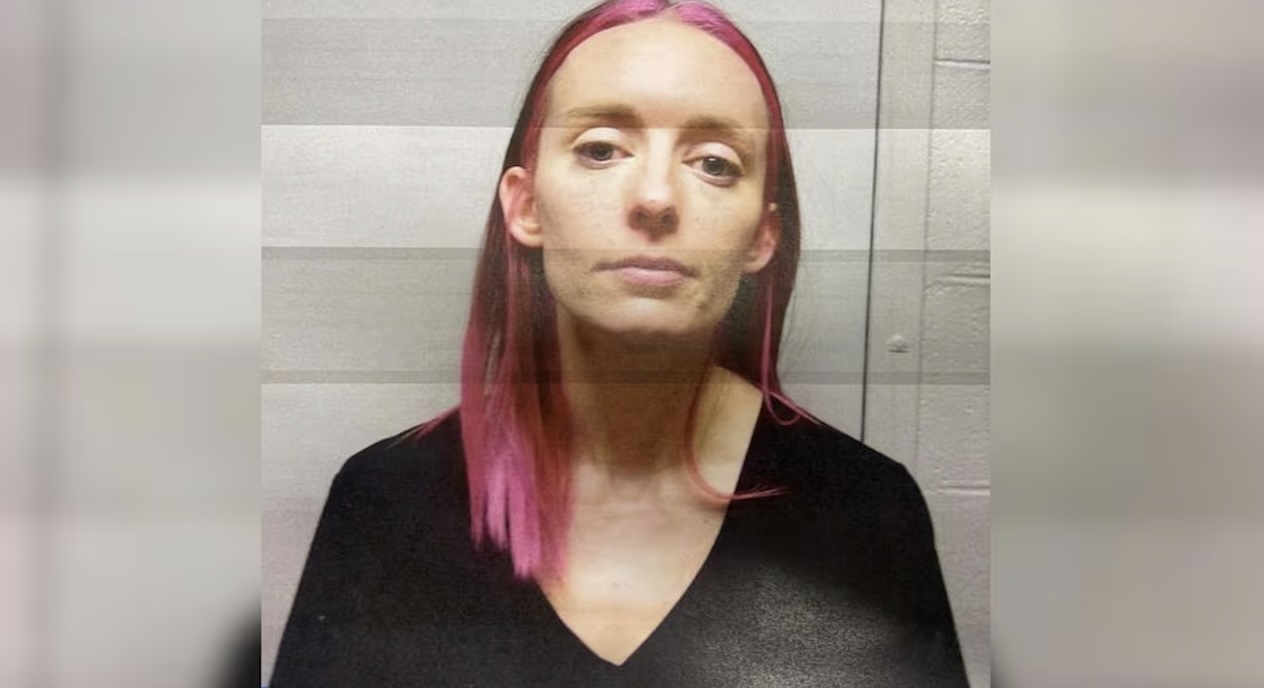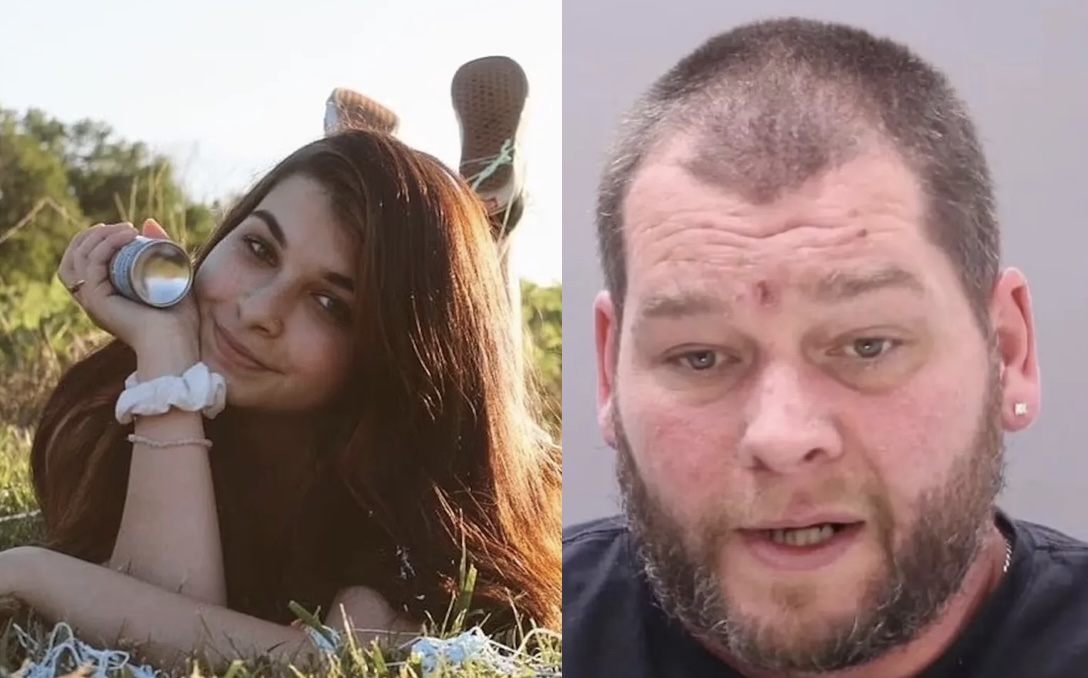Pope Leo XIV's New Orleans Roots Spark Excitement in the Crescent City
New Orleans, often dubbed America’s most European city, is buzzing with excitement over the revelation that the newly elected pope, Pope Leo XIV, not only hails from the U.S. but also boasts a rich lineage of Haitian and Creole ancestry from the vibrant city itself.
Although Pope Leo XIV was born in Chicago, Illinois, his family tree has deep roots in Louisiana. Historical records reveal that his maternal great-grandmother was baptized as a baby in 1840 at the iconic St. Louis Cathedral located in Jackson Square, as confirmed by the New Orleans Archdiocese.
Fast forward a couple of decades, and we find that the pope's maternal great-grandparents, Ferdinand D. Baquie and Eugenie Grambois, tied the knot on September 19, 1864, at St. Mary's Church on Chartres Street in New Orleans, according to sacramental records from the Archdiocese.
Further digging into the Vital Records Collection at the Louisiana State Archives reveals that Leo's great-grandparents passed away in Louisiana as well. A marriage certificate from the archives shows that Leo's maternal grandparents, Joseph N. Martinez and Louise Baquie, were married in New Orleans on September 17, 1887.
Historians note that the pope's grandparents made the move to Chicago in the early 1900s, where they remained happily married for over 50 years. Jari Honora, a family historian with the Historic New Orleans Collection, was the first to uncover the pontiff's family connections to the city.
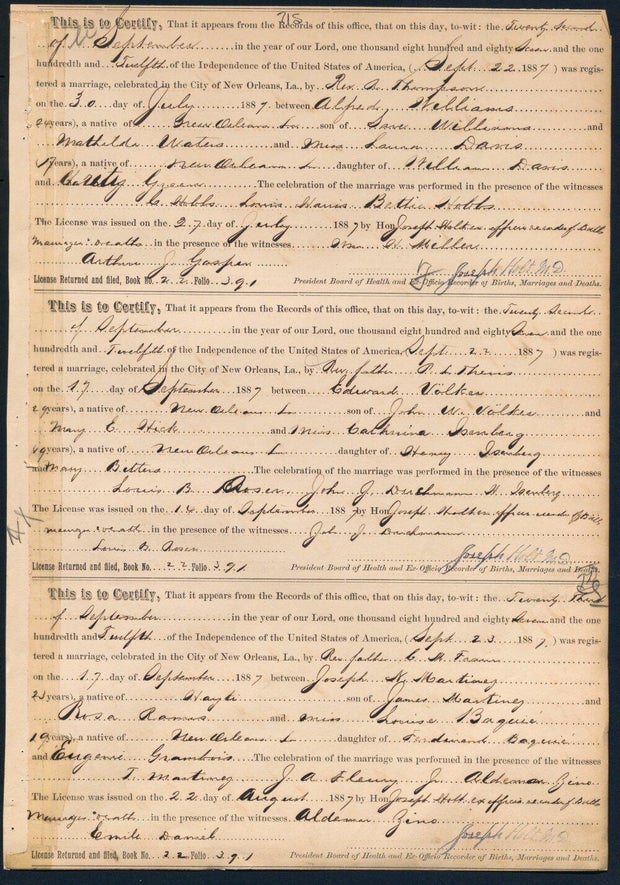
"I was just thrilled and almost in disbelief that the pope would have a New Orleans connection," Honora expressed, reflecting the excitement felt by many in the community.
Records from the Louisiana State Archives also indicate that the pope's maternal grandmother identified as being from New Orleans, while his grandfather was noted as a native of Haiti. Interestingly, Joseph Martinez, the pontiff's maternal grandfather, was later recorded as being from the Dominican Republic. However, in the earliest census records, he and his entire household were listed as being from Louisiana.
Honora speculated, "It makes you wonder if there was a conscious memory of some Haitian ancestry that he was referring to, or perhaps he genuinely believed he was born in Haiti. There might have even been an early attempt to obscure the family's true origins." He added, "By the time they reached Chicago, there’s one census where he’s listed as Maltese, which is not accurate at all."
As a Creole Catholic himself, Honora emphasized that the selection of such a multicultural pope is a significant moment for both New Orleans and Creole culture. "It highlights the role that Catholics of color, particularly Black Catholics, have played in the church since its inception," he noted. "We often take for granted here on the Gulf Coast, especially in Louisiana, that there are Catholics of color, and that Black Catholics have always been a part of the church."
Honora is currently investigating whether the new leader of the Catholic Church has ancestors who were once enslaved. "I’m quite confident that we will uncover at least one line of enslaved ancestors. However, documenting enslaved ancestors is a different experience compared to more contemporary research, like that from the 20th century or late 19th century, where vital records laws were more widely adhered to," he explained. "Before the 1870 census, which followed the Civil War, enslaved individuals were not listed by name at all—only tick marks or check marks appeared on slave schedules."
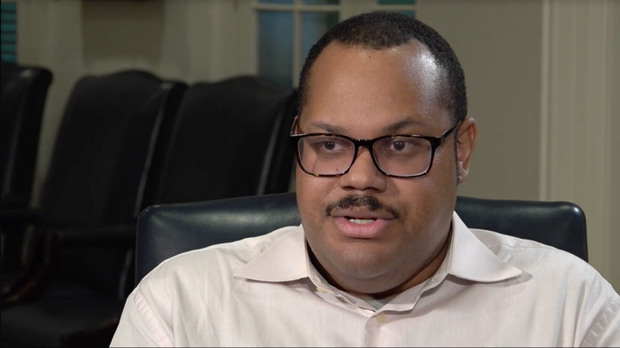
Honora also pointed out that Pope Leo's love for cooking, which he shares with his mother, is likely a cherished trait passed down from their Creole heritage. "One of the things I read in interviews with the Holy Father long before he was even a candidate for the papacy was that he was open to a vocation because neighborhood priests from surrounding parishes were always at his home, drawn by his mother’s cooking. Now we know why: she was a New Orleans cook!" Honora remarked.
Residents of the Big Easy are thrilled to see a pope with Louisiana Creole roots. Emmaline Kelly, a native of New Orleans who attended Catholic school in the city and now works in the French Quarter, shared her thoughts: "If there was going to be a first American pope, this is a fantastic person to take on that role. It feels like a good representation, and he seems like someone who will represent the interests of many Americans more than other cardinals might." She expressed hope that Pope Leo would visit his Creole roots soon and follow in Pope Francis's footsteps by opening the Catholic Church's arms to the LGBT community and providing vocal support for refugees.
Kati Weis, a Murrow Award-winning reporter for CBS News based in New Orleans, has been covering the Southeast and previously worked as an investigative reporter at CBS News Colorado in their Denver newsroom.


